North Carolina
1,523,393
Acres Protected
That’s about 1,154,086 football fields!
Land trusts have already conserved 61 million acres of private land across the nation — more than all of the national parks combined. Help us conserve another 60 million acres by the end of the decade.
Together, let’s keep Gaining Ground.
Every land trust is as unique as the community it serves.
North Carolina land trusts are community-led and supported and protect lands and waters that help the entire state.
People
-
16,417
-
3,799
-
147
-
35
-
357
Land Trust Longevity
-
141 years old (1883)
-
17 years old (2007)
-
30 years old
There has been a 19% increase in North Carolina land protected by land trusts since 2010.
Acre by acre, land trusts are helping to conserve North Carolina lands, waters and ways of life.
Disclaimer: Land trusts conserve land in many different ways and every project is unique. Category totals may change depending on how acres are reported by survey respondents to reflect the most current data and minimize double-counting. In some instances, the total may be greater than the sum of the separate categories due to organizations that provided total acres not broken down by category.
This information reflects data collected in the National Land Trust Census, the longest-running comprehensive survey of private land conservation in America. Learn more about the Census and see which land trusts participated in the 2020 National Land Trust Census.
North Carolina land trusts are gaining ground.
Land trusts across the state are helping find solutions to some of North Carolina's most pressing issues.
Land Trusts Working in North Carolina
Land Trust Alliance member land trusts, listed below, commit to adopting Land Trust Standards and Practices as their guiding principles.
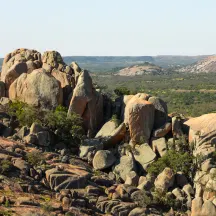
Access Fund
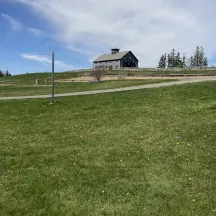
American Farmland Trust

Another Perspective

Appalachian Trail Conservancy

Blue Ridge Conservancy

Broad Water Innovations

Catawba Lands Conservancy

Conservation Trust for North Carolina

Conserving Carolina

Davidson Lands Conservancy
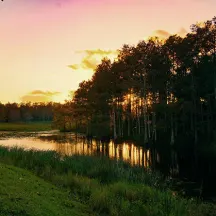
Ducks Unlimited, Inc.
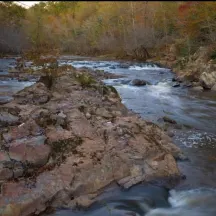
Eno River Association

Foothills Conservancy of North Carolina
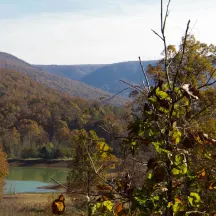
Georgia-Alabama Land Trust

Highlands-Cashiers Land Trust

Mainspring Conservation Trust
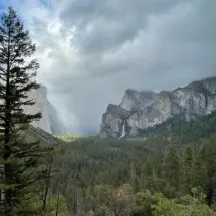
National Park Trust

Naturaland Trust
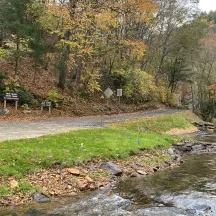
New River Conservancy

North Carolina Botanical Garden Foundation

North Carolina Coastal Land Trust

Northeast New Hanover Conservancy
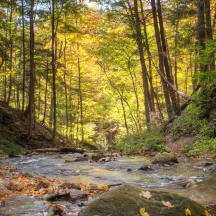
Outdoor Wellness League

Piedmont Land Conservancy

RiverLink, Inc.

Rocky Mountain Elk Foundation

Saluda Community Land Trust

Southern Appalachian Highlands Conservancy

Tar River Land Conservancy

The Conservation Fund

The Humane Society Wildlife Land Trust
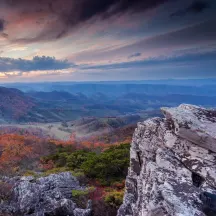
The Nature Conservancy

The Trust for Public Land, National Office

The Walthour-Moss Foundation

Three Rivers Land Trust
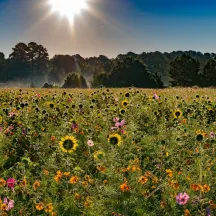
Triangle Land Conservancy

Unique Places To Save

Upstate Forever
